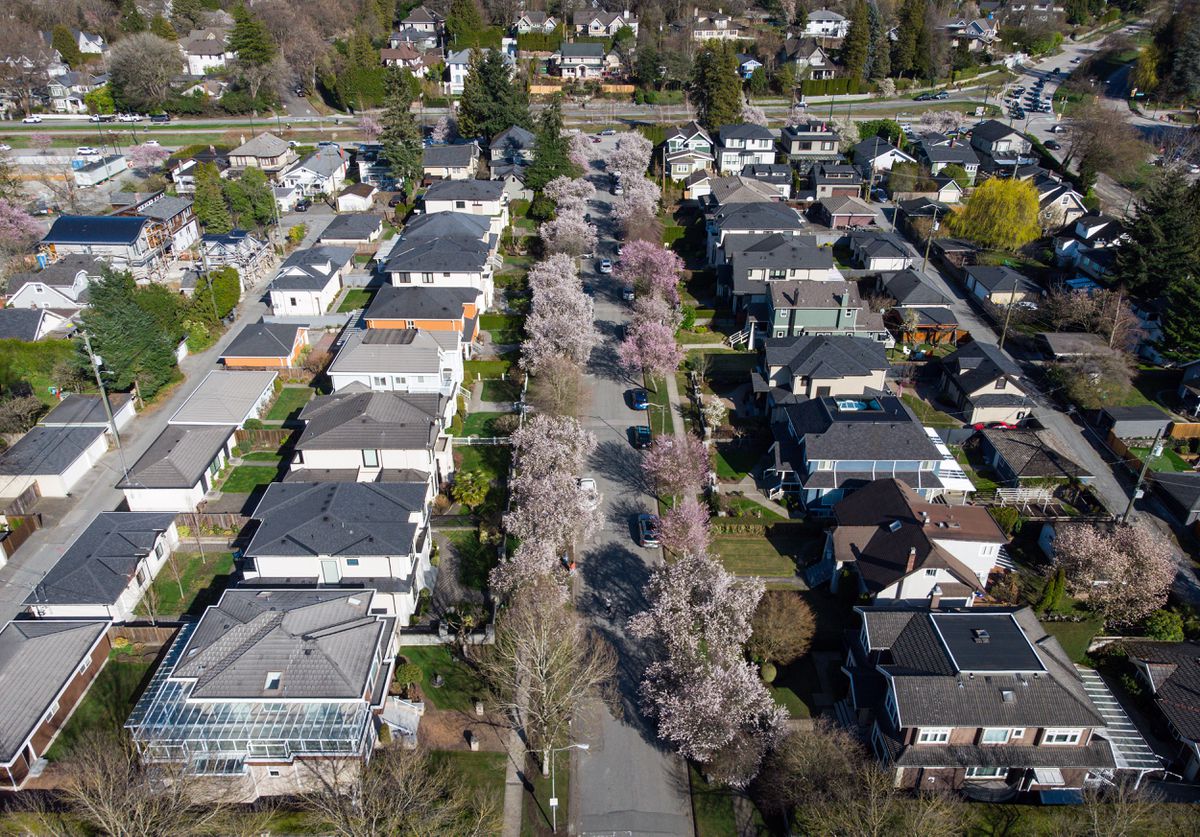We brought in similar rules on Montréal (maybe more of Québec as well, I’m not sure), and have seen limited results.
I recommend cities making similiar legislation include snitch lines and bounties for citizen reporting.
It feels like most of these rules tend to lack any sort of enforcement mechanism which means a couple people will get made an example of but by and large the problem will remain.
If your elected officials own rental properties and short term rentals (many do) the you can find expect next to zero enforcement on things like this.
Many boroughs in Montreal have their own rules on short-term rentals, but the provincial regulation is getting tightened up a lot after that fire that killed 6 people in Montreal.
Or just ban Airbnb altogether.
Ban them all together! Most are unlicensed businesses running in what are designed to be residences. AirBnb / VRBO have identified a “market opportunity” for more holiday rentals that are purpose built and don’t take away from our very limited supply of homes. Further, jobs at legitimate businesses provide actual employment with employer and social benefits (CPP, EI). Short term rentals are all around bad – for the housing market & workers rights.
This is the best summary I could come up with:
British Columbia is bringing in new rules to strictly regulate short-term rentals, including requiring hosts to register with the province, giving municipalities the ability to raise fines for those that don’t and creating a team to enforce the proposed legislation.
Premier David Eby said Monday that “short-term rentals have gotten out of control” in B.C., estimating the proposed legislation could see 8,000 homes returned to the regular housing market out of the 28,000 that are currently listed.
For those who are operating multiple units, the rules are changing May 1 when this legislation passes and you should bring yourself up to speed,” Mr. Eby said, suggesting they either sell or rent their properties long-term to permanent residents.
Mr. Eby acknowledged he has used Airbnb himself and insisted throughout that it is a benefit when people are genuinely sharing their homes as vacation rentals, which is why the province didn’t impose a complete ban.
“We’ve been asking for this for a while because it’s been hard for us even to have any bylaws that are effective,” said UBCM president Trish Mandewo, a councillor in the Vancouver suburb of Coquitlam, which has seen a 40-per-cent increase in short-term rentals in a single year.
Airbnb emphasized that a recent report from the Conference Board of Canada concluded that short-term rentals are not responsible for the significant rent increases in 19 of the country’s largest cities.
The original article contains 845 words, the summary contains 232 words. Saved 73%. I’m a bot and I’m open source!
Is it just me or is the thumbnail from this post a perfect example of classwarfare in action?
Why do only the bigger houses get a lane of trees in front?
Looks like the smaller buildings are garages in an alley.
A lot of them are “laneway houses,” a way to subsidize your own home by renting out your alleyway frontage to someone else.
TIL about alleyway frontage, now that i pay attention to it i have seen it plenty of times in media but so rarely in real life.
Those are some massive houses though.




